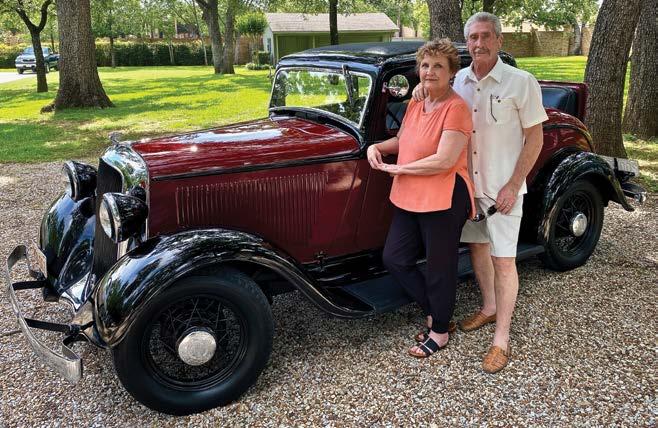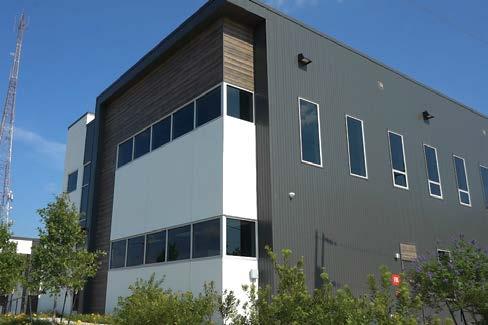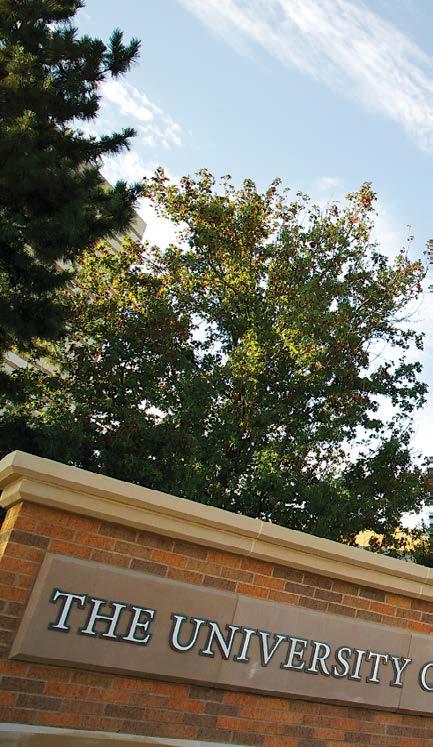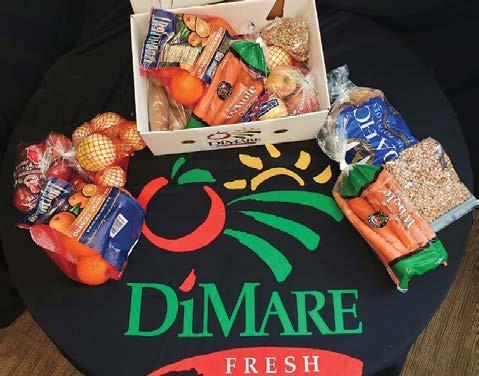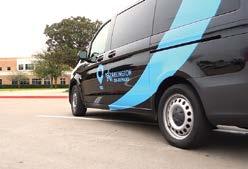• UTA TODAY
COVID-19 PIONEERS
Venu Varanasi
Sara Peper
Researchers help develop testing protocols that assist health care workers on the coronavirus front lines • By Dana Jennings
A
s health care workers have fought on the front lines of the COVID-19 pandemic, they simultaneously have been rapidly investigating how best to detect and treat the disease. Effectively evaluating this sea of information in a time of heightened care and precautions can be a challenge. That’s why The University of Texas at Arlington partnered with the University of Texas Health Science Center in Houston (UTHealth) to help health care providers make the best decisions to protect themselves and their patients. Simon Young, UTHealth School of Dentistry assistant professor of oral and maxillofacial surgery, needed help developing COVID-19 testing protocols to assist health care providers in making informed decisions during the re-opening of outpatient surgery and services at the university and its partner hospitals. So he turned to long-time collaborator Venu Varanasi, associate professor in the Bone Muscle Research Center at UTA. “As health care workers are faced with regularly testing themselves and widely testing all patients, I understood that people on the ground were unaware of the types of testing and the pros and cons associated with each,” Young says. “I knew I could count on Dr. Varanasi and his team to help me create something that would be easy for health care providers and their assistants to digest on a tight deadline.” The result is an infographic outlining the current COVID-19 testing strategies with the pros and cons associated with each. Young and Varanasi say the project distills a host of complicated information to protect health care providers and help them identify the best testing strategy for their practice and service. Varanasi, who holds a dual appointment in UTA’s College of Nursing and Health Innovation and in the College of Engineering, saw the collaboration as an opportunity for his team of students to understand an often unexpected aspect of health care work. 26
ARLINGTON TODAY • July 2020 • arlingtontoday.com
Photos: UTA
“It is critical to be able to communicate with health care providers in an effective way, and I believe we’ve demonstrated that here,” Varanasi says. “Having our nursing students graduate with an understanding of this as an important element of service is invaluable.” As the pandemic unfolded, Sara Peper, a bioengineering graduate student in Varanasi’s lab, assumed the best way she could contribute to the health of the state and nation would be by staying home and following self-quarantine guidelines. Instead, Varanasi and Young called upon Peper, an accomplished scientific presenter, for help.

